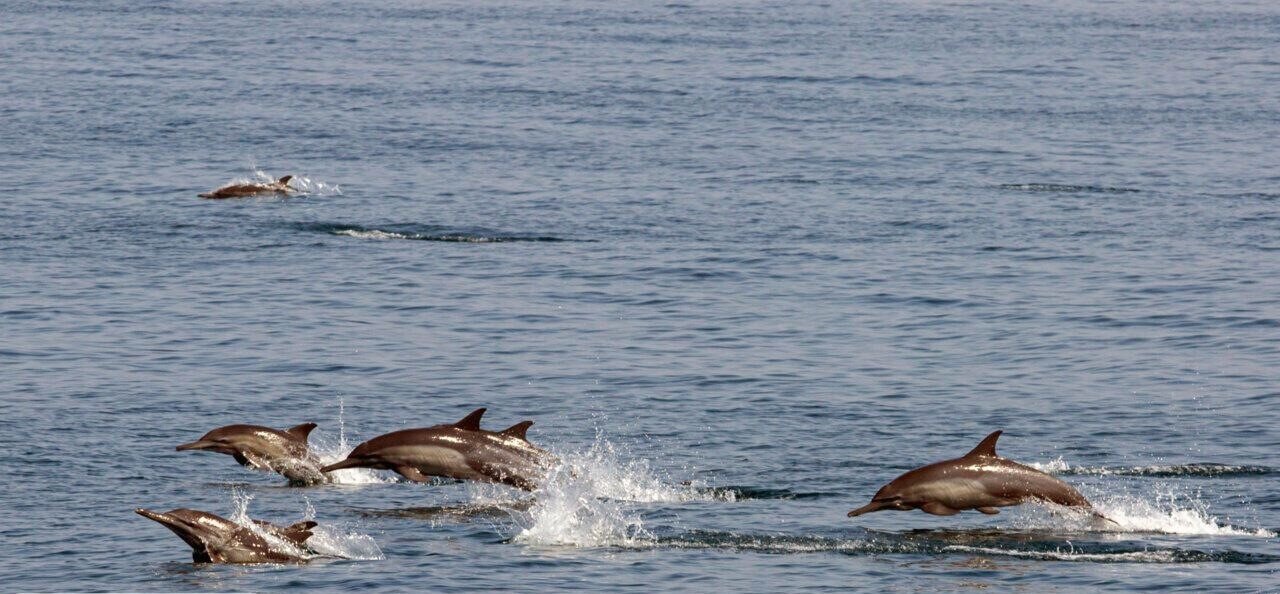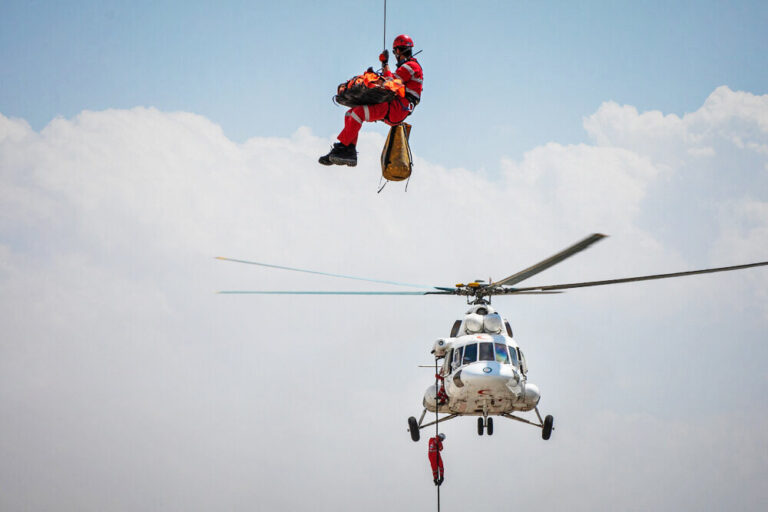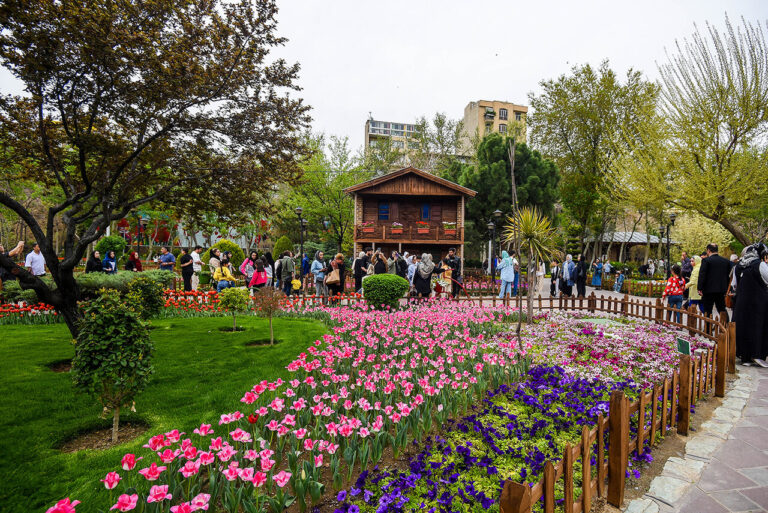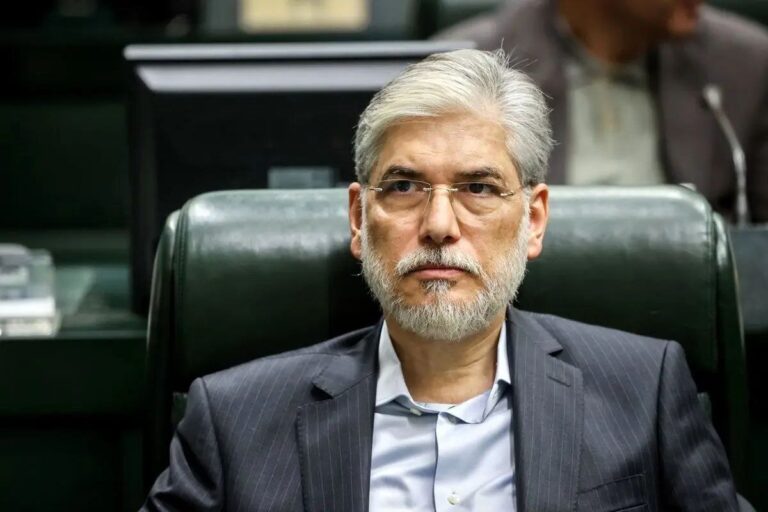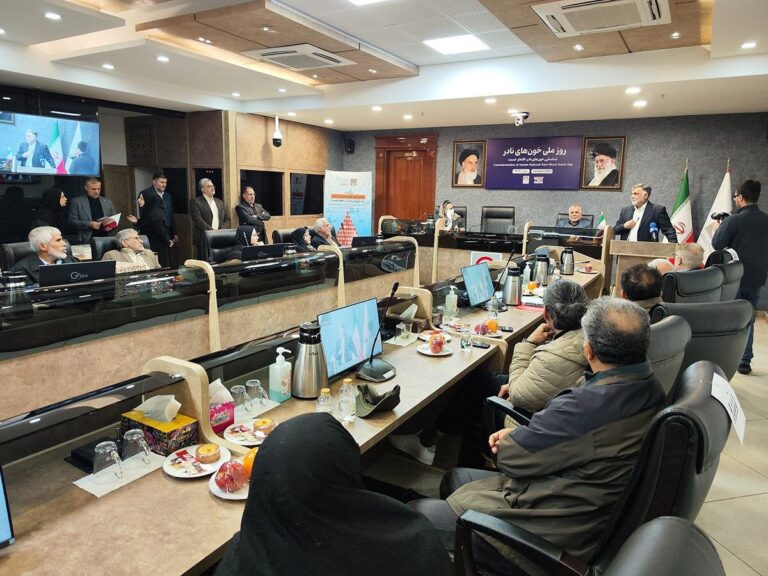DOE and IFO Strengthen Partnership to Safeguard Aquatic Resources
In a significant move to enhance aquatic resource preservation, the Department of Environment (DOE) and the Iranian Fishery Organization (IFO) are set to strengthen their collaboration. This initiative focuses on safeguarding the rich biodiversity of the northern and southern seas of Iran. During a recent meeting, officials discussed vital strategies aimed at protecting marine life and restoring damaged habitats along the coastal regions.
On Sunday, Ahmad-Reza Lahijanzadeh, a representative from the DOE, and Hamzeh Rostampour, the head of the IFO, explored various methods to protect aquatic ecosystems. Key points of their discussion included:
- Protection of Natural Habitats: Emphasis was placed on safeguarding corals and coral reefs.
- Restoration Efforts: Strategies for restoring damaged coastal areas were a priority.
- Mangrove Forest Conservation: The officials addressed the importance of protecting and developing mangrove forests and estuaries.
Estuaries, where rivers meet the sea, are critical ecosystems that serve as feeding and spawning grounds for a variety of aquatic species. The fresh water flowing into these areas is essential for the reproductive cycles of many marine animals.
Another important topic discussed was fishing regulations in the Sea of Oman. The officials reviewed the standards and conditions required for issuing fishing permits to vessels operating in this area. According to Lahijanzadeh, only those fishing vessels that meet specific legal requirements and possess the necessary equipment will be permitted to fish in the Sea of Oman, and this will occur under close supervision.
However, he noted that no ships have yet indicated their readiness to comply with these regulations. The same criteria apply to fishing operations in the Persian Gulf, ensuring that all activities are conducted responsibly.
In an effort to bolster conservation initiatives, the DOE has announced the establishment of a comprehensive data bank containing information on over 5,000 marine species found in the Persian Gulf and the Oman Sea. This database aims to serve as a vital platform for biodiversity preservation, both regionally and internationally.
Shina Ansari, the head of the DOE, emphasized the significance of this data bank, stating that it will support efforts such as:
- Creation of an Atlas: Developing an atlas of sensitive marine ecosystems.
- Identification of Coral Habitats: Recognizing previously unknown coral reef habitats, including those in the Shah Alam area near Qatar.
- Effective Intervention Strategies: Facilitating targeted interventions based on reliable data.
These initiatives were highlighted during the observance of Persian Gulf National Day, celebrated annually on April 29. This day commemorates the historical event of expelling the Portuguese navy from the Strait of Hormuz in 1622.
The Persian Gulf and the Sea of Oman boast over 4,900 kilometers of coastline in Iran and are home to some of the richest marine ecosystems globally. The DOE has implemented various measures to protect and conserve these unique biodiversity hotspots, including:
- Data Strategy Development: Planning tools designed for scientific and data-driven decision-making.
- Legal Framework Enhancement: Establishing seawater quality standards and discharge regulations.
- Guidelines for Pollution Management: Creating guidelines for assessing oil pollution damage and waste disposal at sea.
According to Ansari, without strong legal support and regulatory control, conservation efforts are likely to fail. Thus, the DOE is committed to reinforcing the legal framework surrounding marine conservation.
In addition to the aforementioned initiatives, the DOE is actively engaged in various other programs aimed at preserving marine environments. These include:
- Coral Restoration Projects: Initiatives focused on restoring coral ecosystems.
- Wetland Registration: Efforts to register coastal wetlands under the Ramsar Convention.
- National Action Plan for Mangroves: Development of a comprehensive plan for mangrove conservation.
- Marine Environment Monitoring: Ongoing monitoring activities to assess the health of marine ecosystems.
The collaboration between the DOE and IFO marks a crucial step towards ensuring sustainable management and preservation of Iran’s aquatic resources, ultimately contributing to the health of the marine ecosystems in the Persian Gulf and the Sea of Oman.
